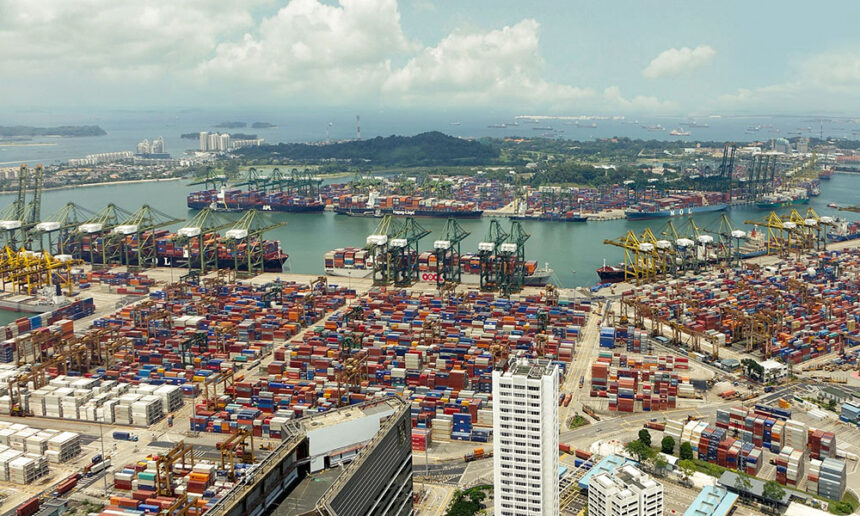The Ministry of Industrialisation and Trade aims to develop donated land in both the Republic of Congo and in the Democratic Republic of Congo to promote trade in Namibian goods and services in west and central Africa. According to a trade ministry spokesperson, next on the schedule for these developments are the clearing of sites to construct trade
and industrial estates, connection of water and electricity utilities, salaries of the employees, and general maintenance of the sites.
The estates will be constructed after Namibia acquired land in Pointe-Noire, donated by the government of the Republic of Congo (Congo), and in Lubumbashi by the Democratic Republic ofCongo (DRC).
“The estates will be used as hubs for the promotion and trading of Namibian goods and services in these markets and further into West and Central Africa, such as meat and meat products, fish and fish products, beer and beverages, dairy products, cereals and other agro and industrial products,” said trade ministry spokesperson Elijah Mukubonda. He noted that it is relatively more expensive to install utilities and services done in the two Congos due to the payment of services in US dollars.
The trade and industrialisation ministry, in conjunction with relevant agencies, are mandated to explore
and implement mechanisms to promote and facilitate the exportation of Namibian meat and meat products to Angola and the DRC.
Both governments of Congo and DRC availed land to Namibia to construct cold and dry facilities for
the promotion and trading of Namibian products and services.
This is also aimed at intensifying bilateral co-operation between Namibia and the Congos in the areas of trade and investment, as well as enhancing and strengthening
South-South cooperation.
Pointe-Noire, Republic of Congo
The Republic of Congo officially donated over three hectares of land in Pointe-Noire to Namibia. Mukubonda explained that the land allocated is for an open-ended period in return for no financial compensation due to the historical relationship that exists between the two countries, and in accordance with the reciprocity clause between Namibia and Congo.
Said Mukubonda: “The land is located close to the port on the outskirts of town along the ocean, and is opposite the CORAF (Congo’s Oil Refinery Plant) compound. The land is accessible by road, though there
is a need for a proper road infrastructure and development. The site is easily accessible to service utilities such as electricity, water, etc”.
Lubumbashi, DRC
Similarly, the DRC donated over 33 hectares of land and ownership title deeds to the Republic of Namibia. The land is situated in Shinga Village in the Kipushi District, Katanga Province, 26km from Lubumbashi and 90km from the borders between the DRC and the Republic of Zambia, along the Kasumbalesa Road.
Mukubonda added that the construction of cold and dry facilities in the two Congos aims to provide a safe and enabling environment for Namibian businesses and service providers alike in creating a type of ‘one-stop-shop’ between Namibia and its counterparts in the rest of Africa. The Namibian trade and industrial estates also aim to encourage market diversification and enhancement of trade with the rest of Africa. In addition, the developments intend to stimulate employment and economic growth, and through this ultimately improve government revenue.
The intention is also to assist communal farmers, particularly north of the so-called ‘red line’, to gain market access for their meat.
“Doing business in the Congos could be profitable. However, there are challenges that have to be addressed, such as language barriers, bureaucracy and huge financial
costs. French is an official
language spoken in the two Congos, and that makes it difficult for English-speaking countries to communicate without an interpreter. Language barriers as well as differentiations in culture in this case may hinder business,” he noted.



